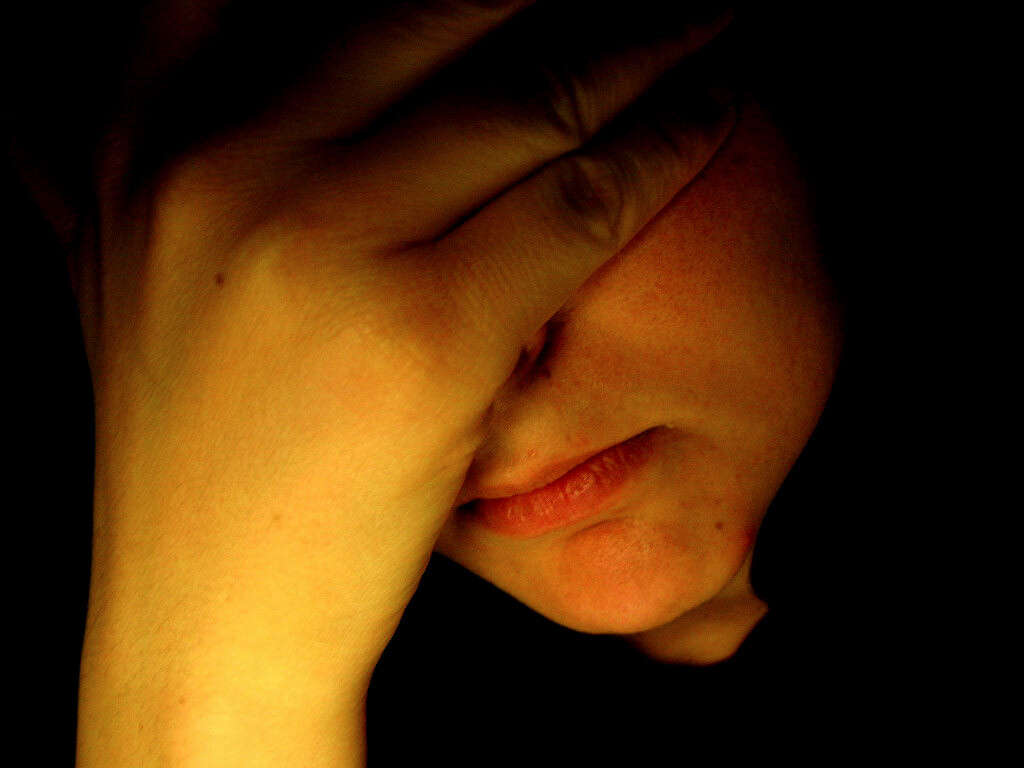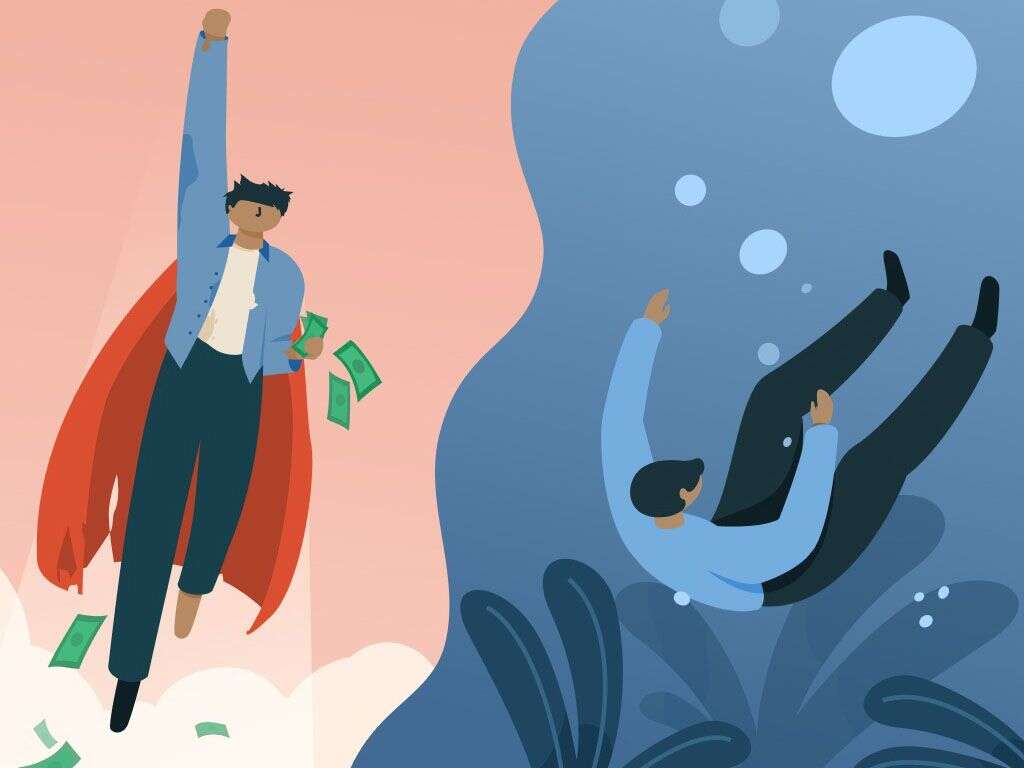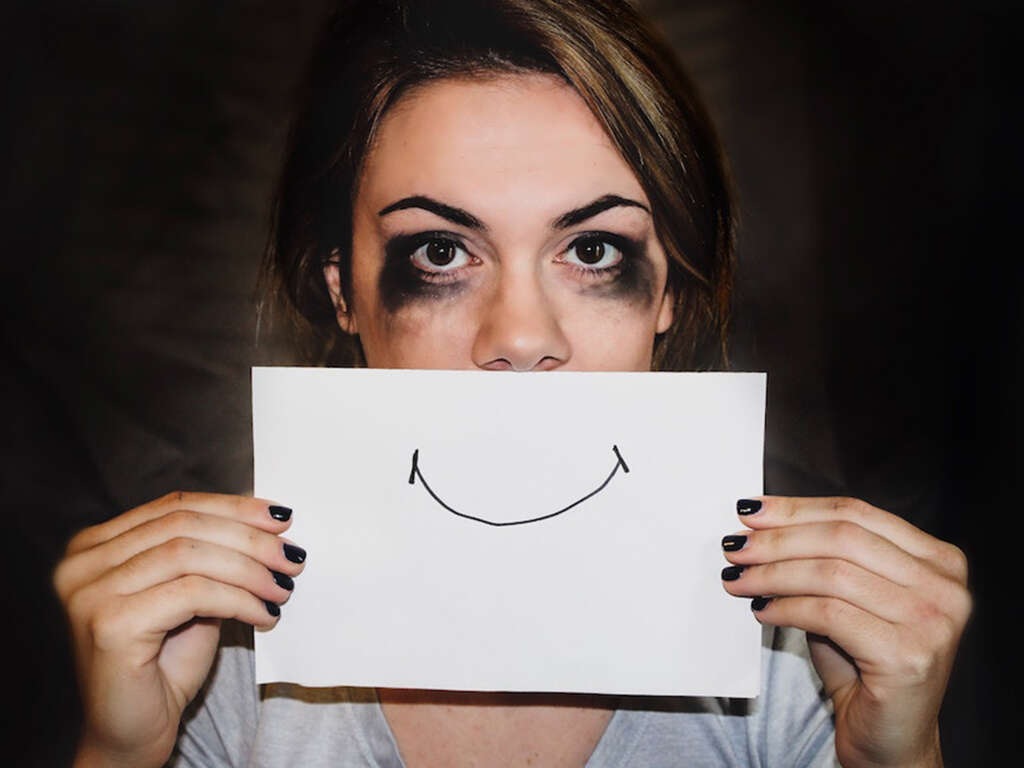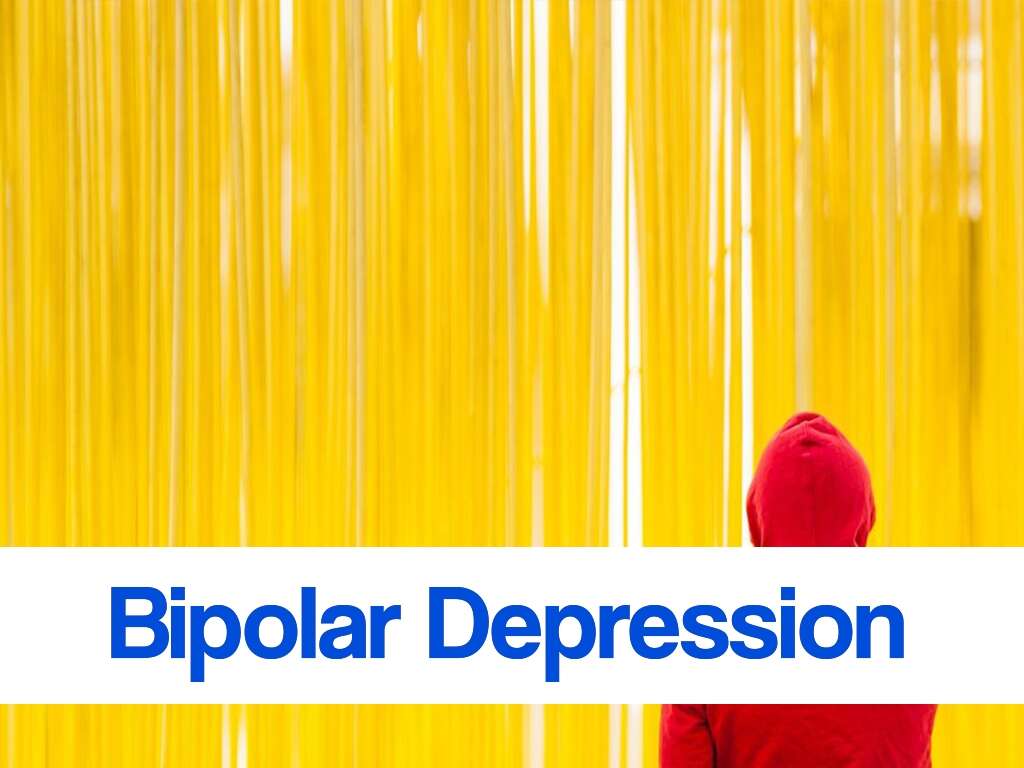What Is Bipolar II (2)?
Life has its ups and downs. It’s almost inevitable no matter who you are and what your background is. For the most part, however, we will get through the rough times until things get better. There will also be good times, of course, but these also tend to be balanced by work and other commitments.
For some people, however, finding the balance is a lot more difficult. Lows and highs can come for no apparent reason, and they can have a serious impact on the patient’s well-being overall. One example of this happening is conditions like bipolar II. It is usually a manageable condition, but it will still be dangerous in some cases.
1. Similar Disorders
There are various other conditions that are very similar to bipolar II disorder. These are bipolar I disorder, cyclothymic disorder, and disorders that are caused by medical and/or medicinal factors. Bipolar I is a condition that causes the patient to swing between periods of major depression, and periods of mania.
Cyclothymic disorder is a condition where the patient experiences periods of depression or hypomania, but one does not necessarily swing to another. The patient will have been experiencing these episodes for at least 2 years in other to be diagnosed with cyclothymic disorder. Their depressive periods are not likely to be classified as major depression.
2. Bipolar II?
As you might have already guessed, bipolar II is very similar to bipolar I. The key difference between the two is that, in bipolar II, the patient will not reach full-blown mania. Mania is a condition where the patient is experiencing a highly elevated mood and finding their selves full of energy.
Instead of reaching full-blown mania, the patient will instead reach a milder version that is known as hypomania. Another difference is that patients with bipolar II are more likely to suffer from episodes of depression than mania. The patient will usually be able to live a relatively normal life in between periods of depression or mania.
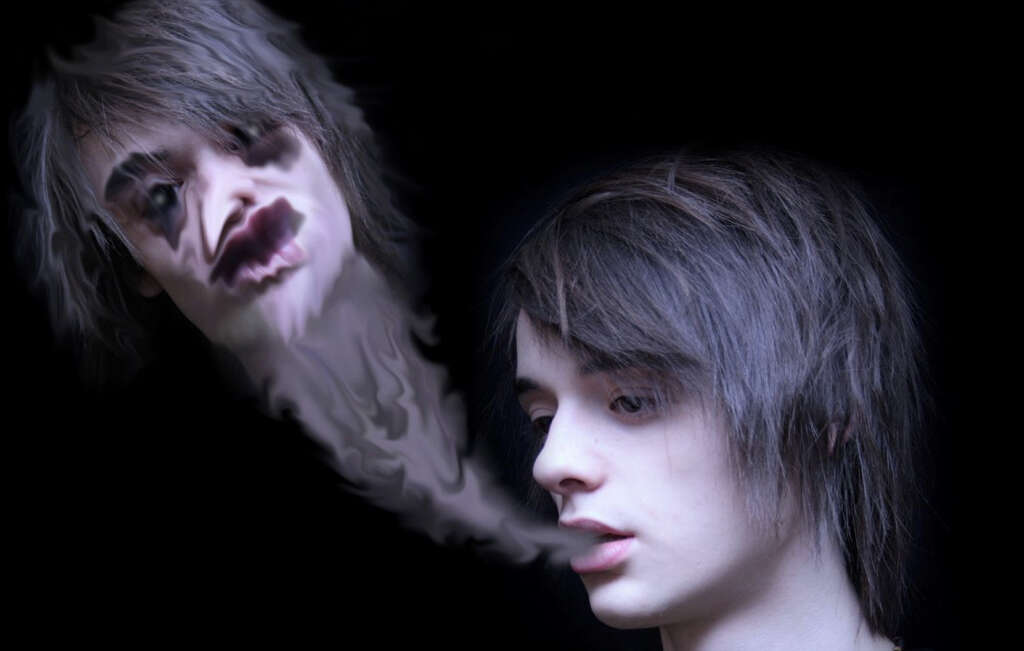
3. Causes
It is not known exactly what causes bipolar II. There are some factors that are closely linked with the condition, however. One of these is genetics, and people who have a history of mental health conditions in the family are at a higher risk of developing such a condition themselves.
Another potential factor appears to be biological differences and the structure of the patient’s brain can be abnormal in some way. Regardless, people with bipolar II disorder typically have an imbalance in certain hormones in their brains. Certain environmental factors such as the surroundings the patient grew up in are another potential contributing factor.
4. Hypomania Symptoms
When the patient is going through a hypomanic episode they are likely to be showing certain symptoms. The patient will be livelier than usual and very sociable, with lots of energy and eager to get involved with everything. Other people are likely to find them to be a lot of fun to be around.
The patient may be feeling a lot more confident about themselves than usual, and they can speak loudly and confidently. They may also have a tendency of jumping from one topic to the other. Their inhibitions are likely to considerably lower and they are more likely to take part in risky behavior that might sometimes get them into trouble.

5. Depression Symptoms
Depression is a very different condition than mania in terms of the symptoms it causes. The patient will have a much lower mood and be unlikely to want to get involved in activities. They will be generally feeling low on energy, low on self-confidence, and not as willing to speak with other people.
Worse still is that the patient can experience thoughts of worthlessness. They can feel as though their lives are empty and they might also think that they are a burden on other people. It is a condition that should be taken very seriously indeed because it can pose a very real threat to the patient’s life.
6. Social Complications
Bipolar II can cause the patient to experience complications with other people around them, including friends and family. Their symptoms can put a strain on relationships, and their actions will sometimes hurt other people around them. These problems are considerably less likely when the patient is neither depressed nor hypomanic, however.
Young patients may also struggle at school and with their grades, and this will sometimes be the first time their parents notice something is wrong. This can cause the patient to suffer academically and this can carry over into their adult lives. Adults with the condition will also sometimes have difficulty in their professional lives.

7. Drug Abuse
Patients with mental health conditions, including bipolar II, are more likely to use drugs and/or alcohol. This can be down to trying to counter the symptoms of depression, and it can also be down to increased risk taking during hypomanic periods. Drug and alcohol use can cause a viscous circle because they can end up making the patient’s symptoms worse.
Another very serious potential problem is that depression will sometimes cause the patient to have suicidal thoughts. What’s more is that they will often keep these thoughts to themselves, meaning other people don’t know that they should be trying to help. Depression is one of the biggest killers of otherwise healthy people.
8. Who’s At Risk
Pretty much anybody can develop bipolar II, but some people are more prone than others are. It can affect people of all ages, but it is most likely to affect people in their teens and early 20s. The vast majority of cases will be diagnosed before the patient is 50 years old.
Other people in a higher risk category include those who have a history of the condition in their family, especially immediate family members. The condition is also more likely to be found in people who have experienced prolonged periods of stress. People who have substance abuse problems are also in a higher risk category.

9. Prevention
It is so difficult to tell who will develop bipolar II that it can be all but impossible to prevent. However, if it is suspected that somebody has the condition then it is possible to help limit the impact of the condition. Treating the condition early on in its development will help to make treatment easier and more effective.
Getting treatment may be able to help prevent the more serious complications of the disease. However, the patient will first need to be willing to undergo treatment and intervention may be necessary in some cases. If you do suspect that somebody else has the condition then you should consider speaking with a professional about helping them.
10. Treatment
Treatment for bipolar II will typically involve medication. This includes medication that will help to calm the patient during hypomanic episodes, and antidepressants for the depression episodes. Other medication is also available that will help to keep the patient’s mood stable. Psychotherapy is also an important part of bipolar II treatment.
There are different types of psychotherapy that will help the patient to learn to manage their condition. It can also mean getting the patient’s family involved so they are better equipped to help manage the condition, and manage episodes if/when they occur. With the right treatment, many people will be able to live relatively normal and happy lives.




